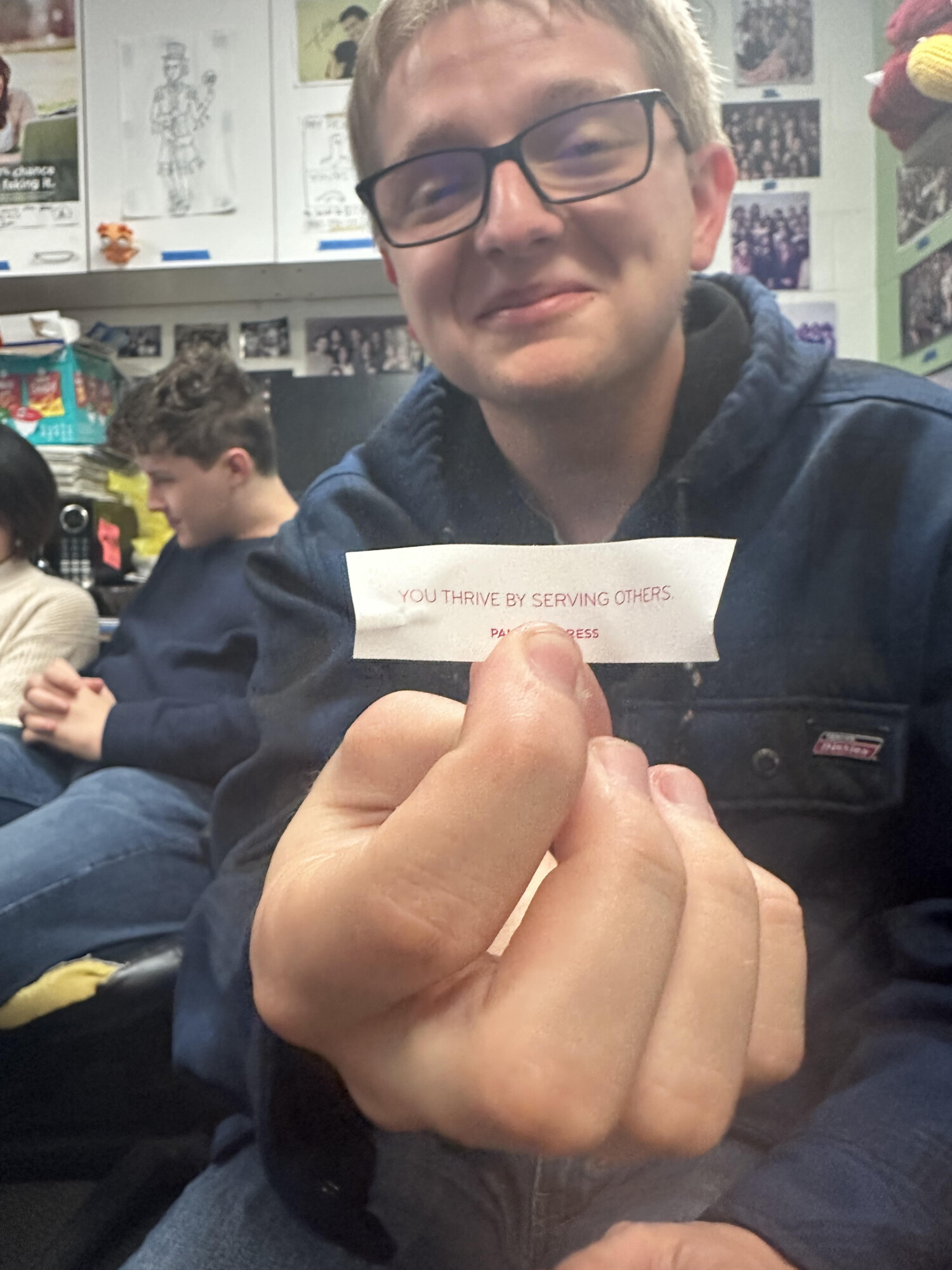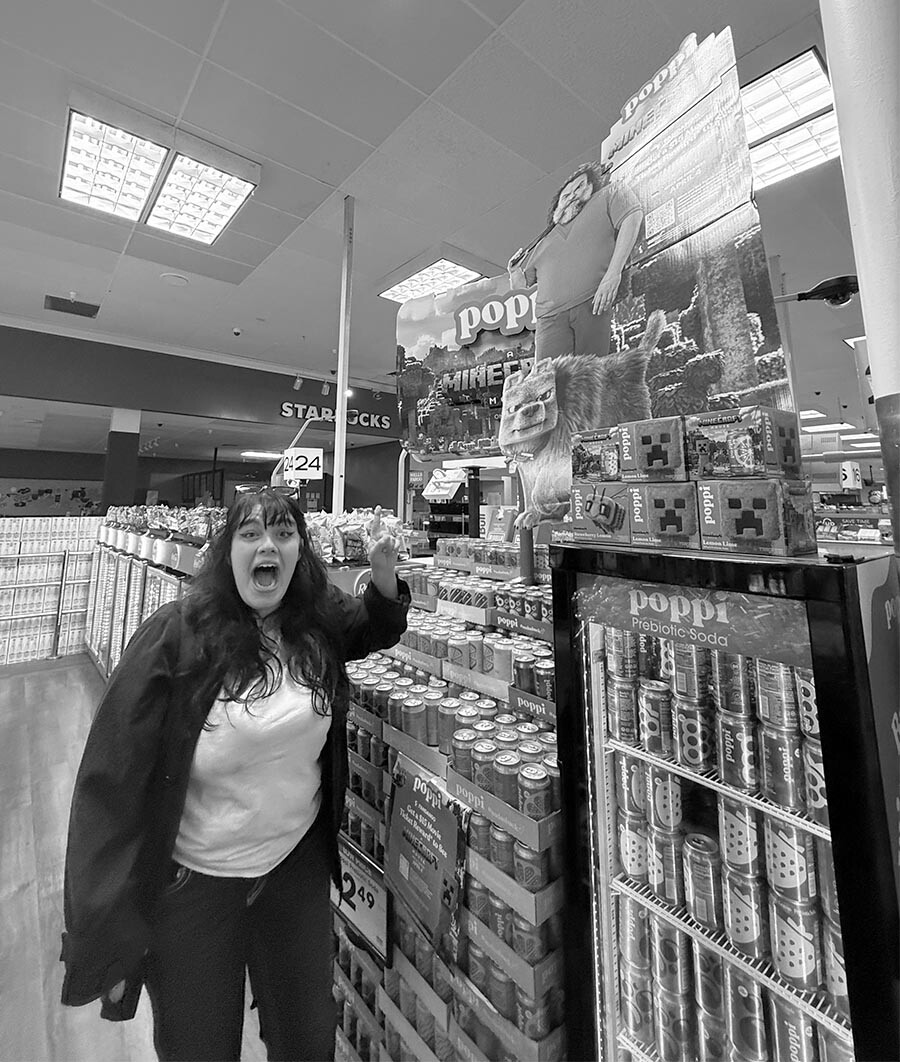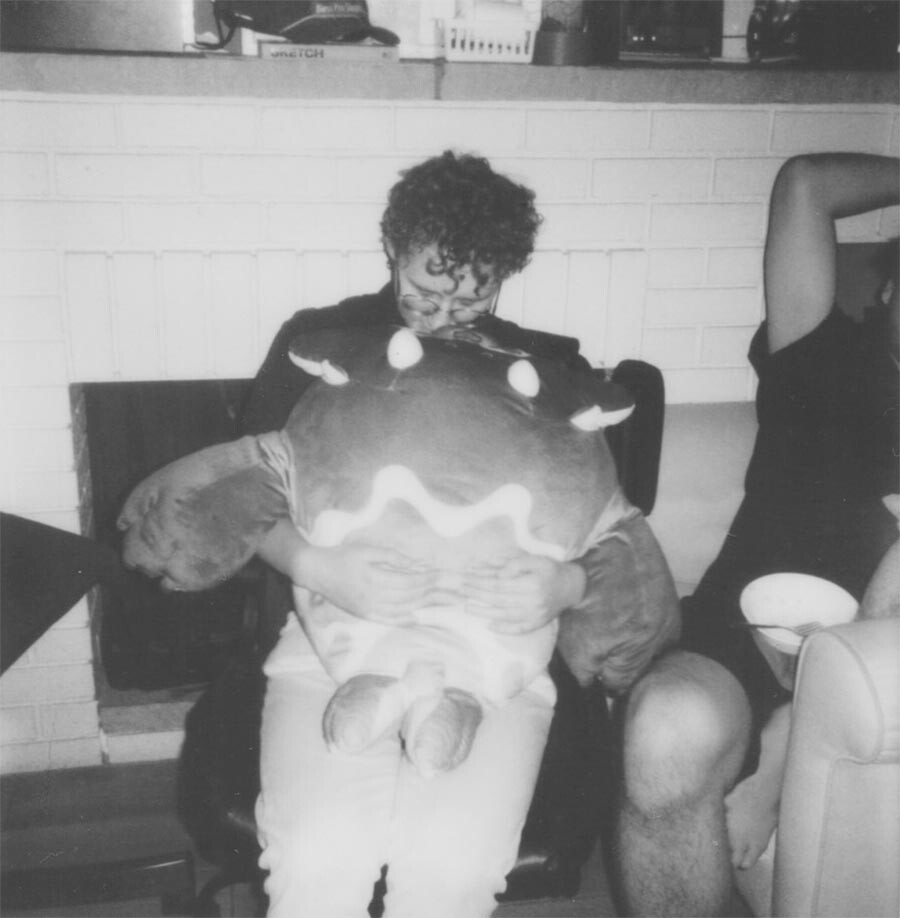
“Orange you glad I decided to propose?” asked one Timothy & Co customer.
Photo by Farhad Taraporevala
In 1947, D’Orange Juice, the world’s largest orange grower and retailer, coined the phrase and slogan “Oranges are Forever.” The corporation marketed the orange into a fruit that symbolizes love and commitment, popularizing the engagement orange and dominating the citrus market. However, D’Orange Juice has received backlash following employee reports that their Florida orange groves have unsafe work conditions and have caused significant environmental damage. The whistleblower, who wished to remain anonymous, said, “Though they present themselves as a sustainable company with healthy practices, that guise is only skin-deep, hiding a crimson secret. I promise this drama is juicy.”
Fruit expert and historian Burt Lopez weighed in on D’Orange Juice’s fruit industry impact. “Oranges are actually one of the most common fruits in nature. D’Orange Juice controls approximately 80% of the world’s orange market, and they tightly regulate supply and drive up prices. It’s about time we start unpeeling this mess and taking it apart segment by segment.”
D’Orange Juice then held a press conference after the whistleblower’s report. Jim Schwartz, CEO of D’Orange Juice, responded to the allegations in a press conference. He said, “Our orange groves are the safest in the country — not only are our workers the happiest and most satisfied, they are also exposed to the highest levels of pesticides and lead of any agricultural facility nationwide. The groves are conveniently located upstream of Miami so we can influence and revolutionize water streams with runoff from our excellent establishment.”
Lopez responded to Schwartz in an open letter co-signed by several renowned environmentalists and activists. “The orange groves in South Florida are destroying the local ecosystem. D’Orange Juice uses 10% of its profits to flood Miami in order to persuade residents to continue destroying the Everglades. People who work in the groves are not provided any safety equipment or proper tools. What’s not clear about this? People are dying! They’re not selling you just any oranges — they’re selling you blood oranges.”
Timothy & Co., a luxury fruit store, released a statement about distancing themselves from the D’Orange Juice brand. In the memo, Timothy & Co. CEO Clementine von Mellon wrote, “In an effort to stop selling D’Orange Juice’s blood oranges, we hired a team of scientists to create sustainable, conflict-free, lab-grown oranges. These oranges are grown in a controlled setting to ensure a flawless look and a timeless feel.”
The launch of lab-grown oranges has received mixed reviews. Raz Berry, a citrus collector, tweeted: “There is a huge difference between lab-grown oranges and blood oranges. Sure, I probably don’t want to eat a fruit with ‘blood’ in the name, and I totally get that human rights violations are bad, but the lab-grown ones just don’t have those imperfections that give oranges character! I literally can’t even compare the two. It would be like comparing, uh, apples and oranges.”
In an effort to lure back customers intrigued by Timothy & Co’s marketing, D’Orange Juice has taken to emphasizing their philanthropic efforts. Schwartz tweeted, “D’Orange Juice strives to make a positive impact in the world. That’s why so much of our profit goes toward creating humanitarian crises.”
Sharon was “born” in 1801. She inspired the Archie Comics, which later inspired the hit TV show Riverdale.












watdasigma chat im not readin all dat for my presentation frfr